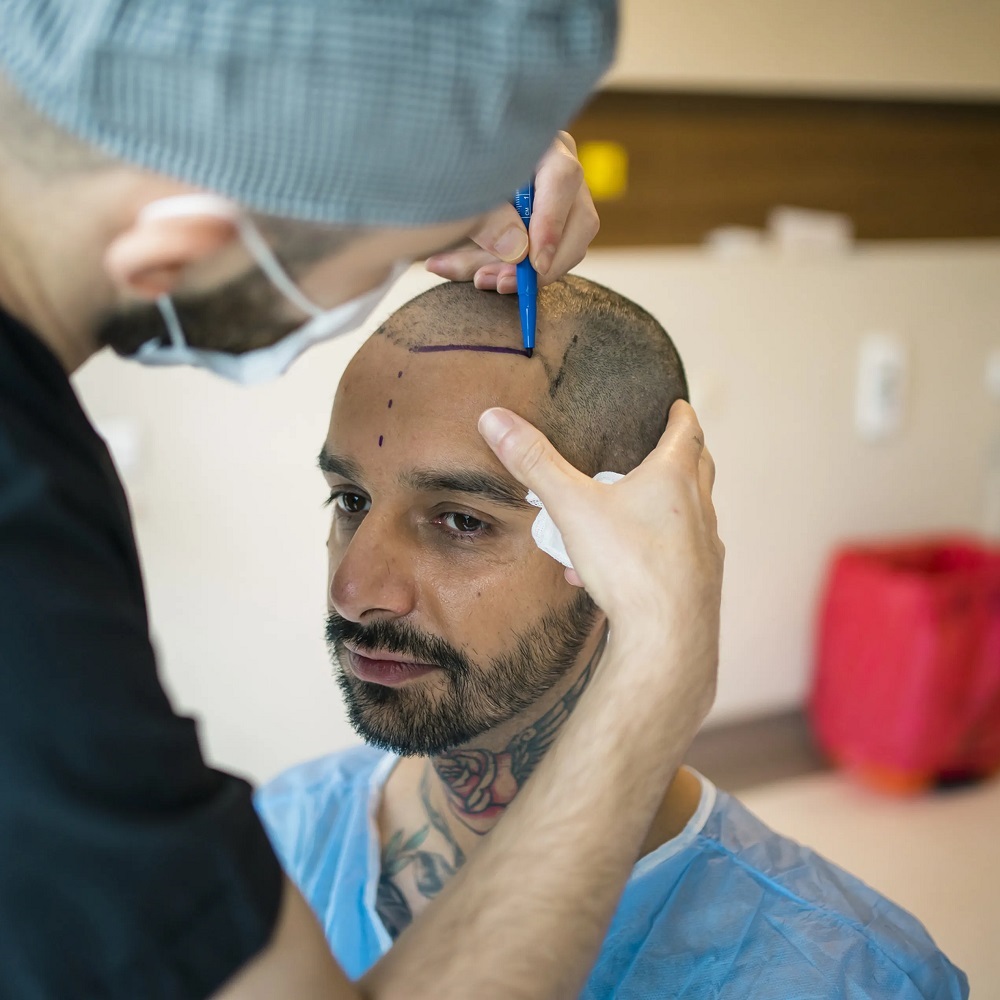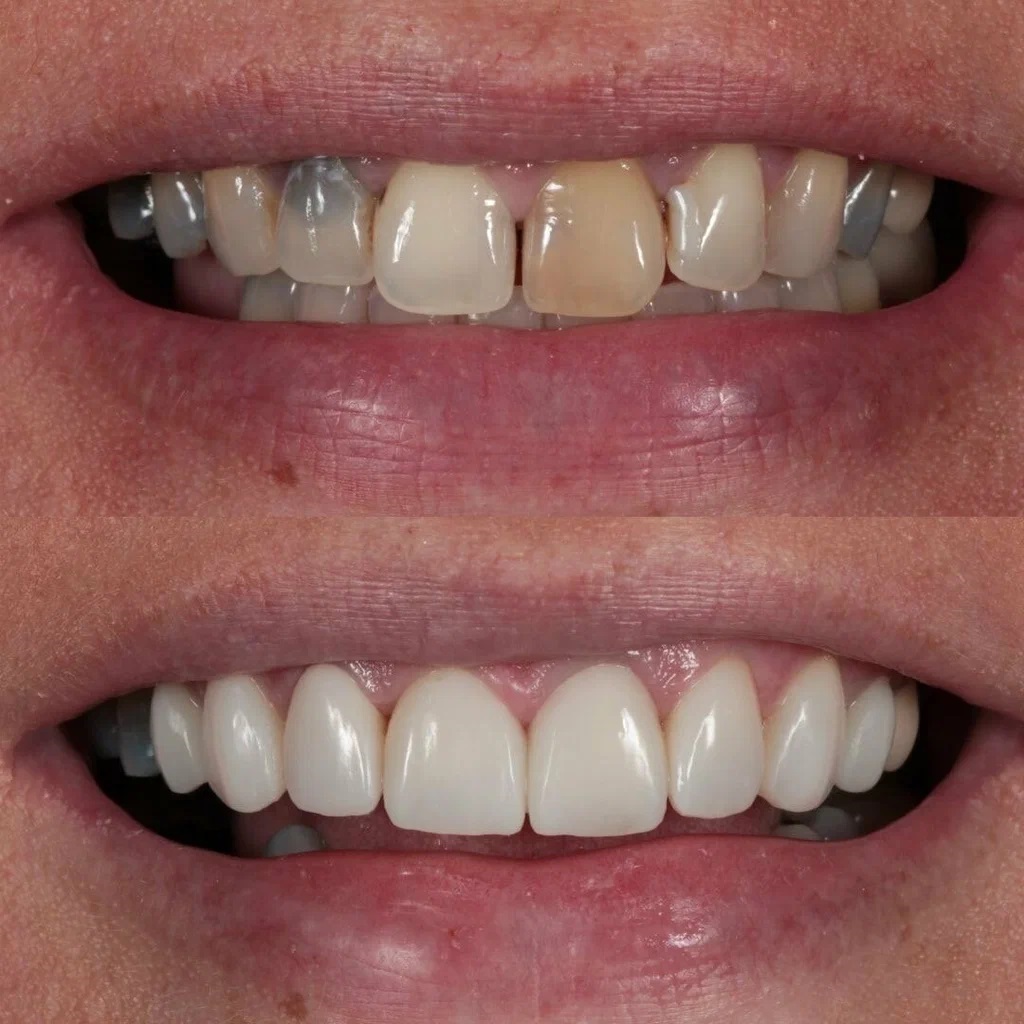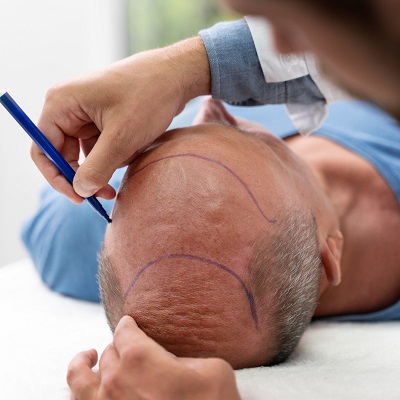 Press Releases That Rank – Boost Authority & Brand Trust Fast!
Press Releases That Rank – Boost Authority & Brand Trust Fast!
What you Cannot do after a root canal?
Written by Sania » Updated on: June 17th, 2025

A root canal is a common dental procedure aimed at saving a tooth that is severely damaged or infected. While it’s a relatively routine procedure, post-treatment care is crucial for ensuring the best outcome and avoiding complications. Understanding what you cannot do after a root canal is essential to your recovery. Here’s a comprehensive guide to help you navigate your post-root canal care effectively.
1. Avoid Chewing on the Treated Tooth
One of the most important things to remember after a root canal is to avoid chewing on the treated tooth until your dentist gives you the green light. The tooth will be temporarily sealed and may not be as strong as it should be. Chewing on it prematurely can lead to the breakdown of the temporary filling or even damage the tooth itself. Stick to soft foods and use the other side of your mouth until your dentist provides a permanent restoration.
2. Refrain from Consuming Hard or Sticky Foods
Even after your dentist places a permanent crown, it’s wise to avoid hard and sticky foods for a while. Foods like nuts, popcorn, and sticky candies can put undue pressure on the treated tooth and potentially lead to complications. Soft, non-abrasive foods are best during the initial recovery phase. This approach helps in maintaining the integrity of the tooth and ensures a longer-lasting result.
3. Do Not Skip Follow-Up Appointments
Following your root canal, your dentist will schedule follow-up appointments to monitor the healing process and place a permanent restoration. Skipping these appointments can result in complications, such as the development of infection or incomplete treatment. It’s important to adhere to your scheduled visits to ensure that the tooth is healing properly and that no further issues arise.
4. Avoid Smoking and Tobacco Use
Smoking and using tobacco products can significantly impede the healing process after a root canal. Tobacco use can decrease blood flow to the area, leading to slower healing and a higher risk of infection. Additionally, smoking can increase the risk of complications such as dry socket, which can be very painful. Quitting smoking or at least refraining from it during the recovery period is highly recommended.
5. Do Not Ignore Pain or Discomfort
Some discomfort after a root canal is normal, but if you experience severe or prolonged pain, it’s important to contact your dentist immediately. Ignoring persistent pain can lead to complications or indicate that the infection may not have been fully resolved. Prompt attention to unusual symptoms ensures that any issues are addressed before they become more serious.
6. Avoid Vigorous Oral Hygiene Routines
While maintaining good oral hygiene is crucial, you should be gentle with your brushing and flossing routines immediately after a root canal. Vigorous brushing or aggressive flossing can irritate the treated area and potentially cause discomfort. Use a soft-bristled toothbrush and be cautious around the treated tooth to avoid any unnecessary pressure.
7. Refrain from Using the Treated Tooth for Hard Tasks
If you use your teeth for tasks other than chewing food—such as opening packages or biting nails—make sure to avoid these habits with the treated tooth. Such activities can place undue stress on the tooth, which may still be vulnerable after the procedure. Treating your teeth with care helps in avoiding potential damage or complications.
8. Avoid Rinsing with Alcohol-Based Mouthwashes
After a root canal, it’s advisable to avoid mouthwashes containing alcohol. Alcohol can be harsh on the healing tissues and may cause irritation. Instead, opt for a non-alcoholic mouthwash or a saltwater rinse, as these can help in maintaining oral hygiene without irritating the treated area.
9. Do Not Delay in Getting a Permanent Restoration
A root canal typically requires a follow-up procedure to place a permanent crown or filling. Delaying this step can lead to further complications, such as reinfection or weakening of the tooth. Ensure that you have a permanent restoration in place as soon as your dentist recommends to provide long-term protection and functionality.
10. Avoid Over-The-Counter Pain Relievers Without Guidance
While over-the-counter pain relievers can help manage mild discomfort, using them excessively or without consulting your dentist can be harmful. It’s important to follow the dosage instructions and consult with your dentist if you’re unsure about which medications are safe to use. Overuse of pain relievers can mask underlying issues and potentially lead to complications.
Conclusion
Proper aftercare is vital for the success of a root canal treatment. By avoiding certain activities and following your dentist’s instructions, you can help ensure a smooth recovery and protect the treated tooth. If you have any concerns or questions about your recovery, don’t hesitate to reach out to your dentist. For those seeking top-notch dental care, consider visiting the Royal Cosmetic Surgery Clinic PK, where expert dental professionals are dedicated to providing exceptional care and support.
Note: IndiBlogHub features both user-submitted and editorial content. We do not verify third-party contributions. Read our Disclaimer and Privacy Policyfor details.
Copyright © 2019-2025 IndiBlogHub.com. All rights reserved. Hosted on DigitalOcean for fast, reliable performance.













